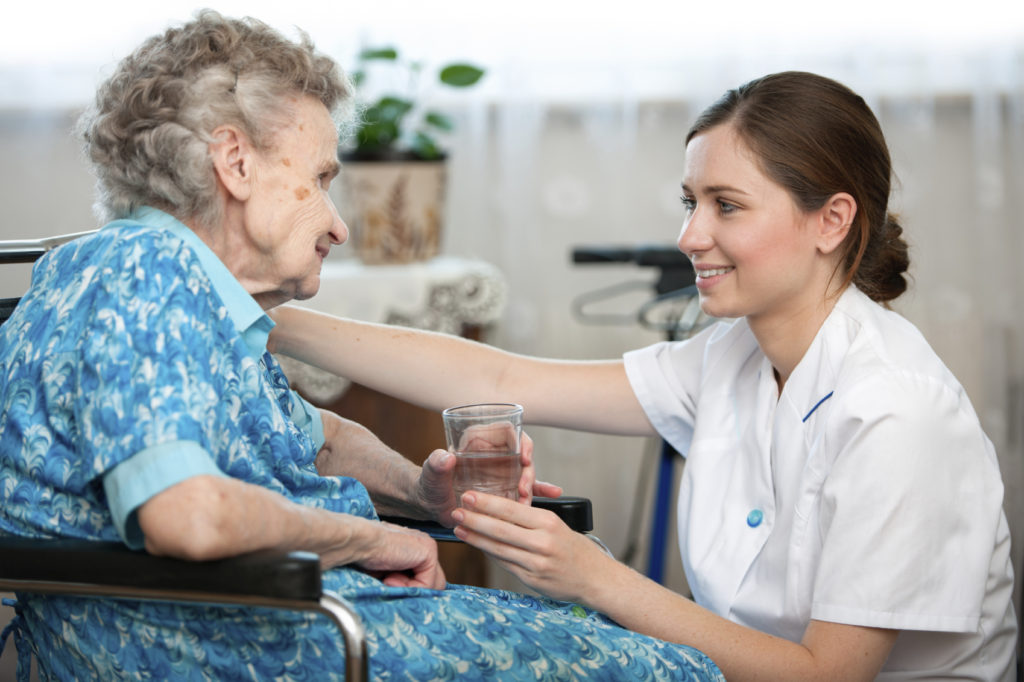
Often people do not know what their options are when it comes to a complaint, or even where to start. I have decided to try and make things a bit clearer and easier for you.
Complaints are often considered negative in our society, but if you have an ongoing unresolved concern, you may need an avenue to voice this. If a resolution can be made,care services improve, or something change for the better as a result of your complaint this can only be a positive thing.
I find overcoming problems in general to be more successful if I communicate respectfully and through the right channels to receive the desired results. I would hope that most complaints and concerns should be able to be sorted by the aged care provider in the first instance and is always best to give them the time and opportunity to resolve the concern.
HOW TO FIND OUT MORE INFORMATION BEFORE MAKING A COMPLAINT?
You can contact the relevant advocacy service in your relevant state. Below is a link to the contact details:
http://www.myagedcare.gov.au/how-make-complaint/advocacy-services
WHAT CAN YOU COMPLAIN ABOUT?
You can make a complaint about any area of the care and services you receive from an Australian Government-subsidised service provider.This might include areas such as:
• quality of care
• choice of activities
• personal care
• meals
• communication between you and staff
• physical environment.
WHO DO YOU COMPLAIN TO?
If you feel comfortable, the first thing you should do is let your service provider know about your concerns. Most of the time, your service provider is best placed to resolve complaints and alleviate your concerns. This can be the quickest and most effective way to find a solution.
However, if you don’t feel comfortable speaking with your service provider, or if your complaint hasn’t be resolved, you can contact the Aged Care Complaints Commissioner.
HOW TO MAKE A COMPLAINT:
https://www.agedcarecomplaints.gov.au/raising-a-complaint/…/
If they are unable to help you, they will tell you why and either suggest who you can contact or refer you to other organisations such as a state-based Health Care Complaints Commission or the Australian Health Practitioner Regulation Agency.
WHO CAN MAKE A COMPLAINT?:
Anyone can make a complaint, including:
• you (the person receiving care)
• your family members
• your friends
• your representatives
• aged care staff
• volunteers
• health professionals.
WHAT HAPPENS AFTER YOU LODGE A COMPLAINT?:
When you lodge a complaint with the Complaints Commissioner, the process will be explained to you, including your options. You may be asked for more details and what your expectations are.
The more information you provide when you lodge your complaint, the better – it will help the Complaints Commissioner understand all the issues and determine the best way to resolve your concerns.
Visit the Aged Care Complaints Commissioner website for more information about how the Complaints Commissioner can help you resolve your complaint.
https://www.agedcarecomplaints.gov.au/raising-a-complaint/…/
YOUR REVIEW RIGHTS:
If you have lodged a complaint with the Aged Care Complaints Commissioner and are not happy with a decision or the complaints process, you can provide feedback and ask the Complaints Commissioner to review the decision.
You can also ask for a review of our complaints process by the Commonwealth Ombudsman.
HOW TO SEEK A REVIEW BY THE COMPLAINTS COMMISSIONER:
A ‘Your review rights‘ fact sheet on the Complaint Commissioner’s website outlines options to seek review of the Aged Care Complaints Commissioner’s decisions or process.
If you’re still unsure about your review rights call the Complaints Commissioner on 1800 550 552 and ask to speak to a complaints manager in your state or territory.
HOW TO SEEK A REVIEW BY THE COMMONWEALTH OMBUDSMEN
The Commonwealth Ombudsman can investigate complaints about the actions and decisions of Australian Government agencies, including those of the Aged Care Complaints Commissioner, to see if they are wrong, unjust, unlawful, discriminatory or unfair.
If you are not satisfied with an outcome offered by the Aged Care Complaints Commissioner, you can contact the Ombudsman’s office through the Commonwealth Ombudsman websitehttp://www.ombudsman.gov.au/ or by phoning 1300 362 072.
*Disclaimer – Please note any opinions are my own and you should seek your own professional legal advice or contact the relevant organizations to resolve your concerns.This post is to simply assist and help connect people with the channels they may require in regard to complaints.The information above has been extracted from the www.agedcarecomplaints.gov.au &http://www.myagedcare.gov.au/ websites.



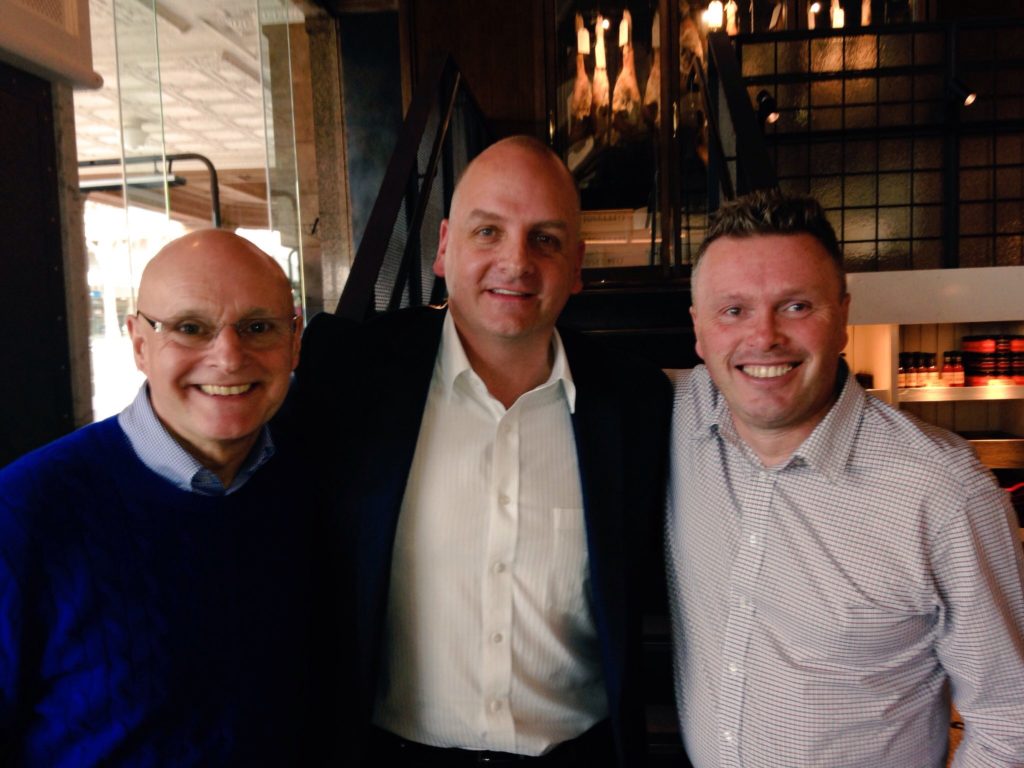
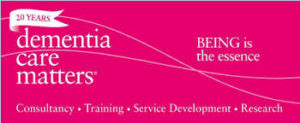


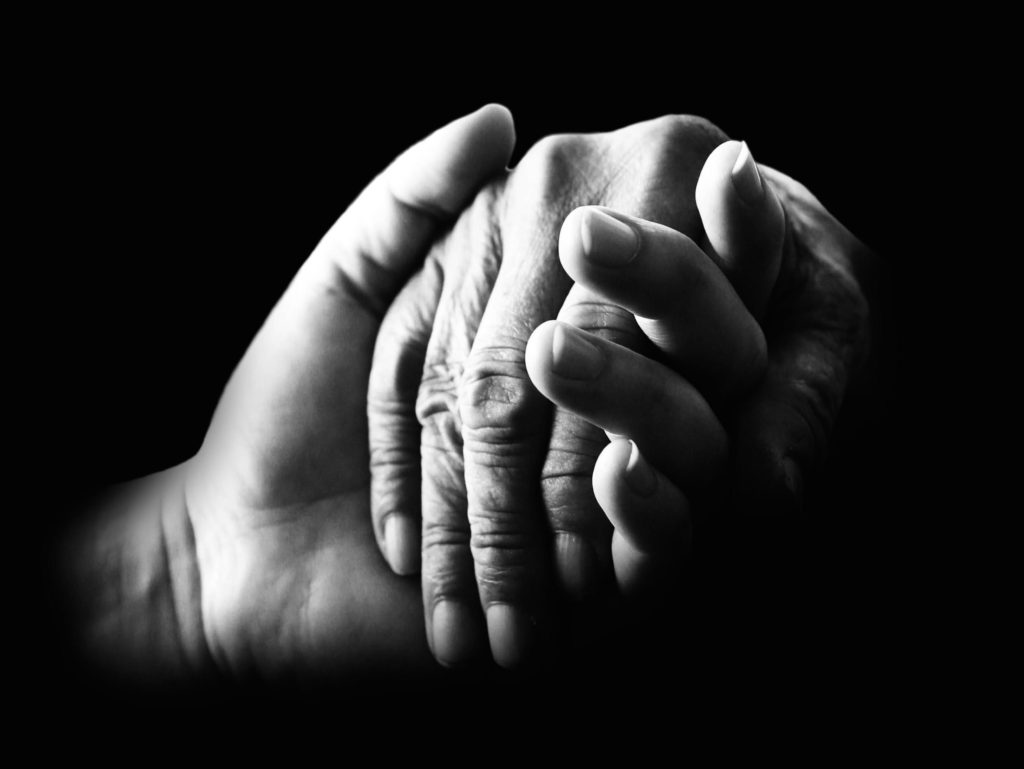

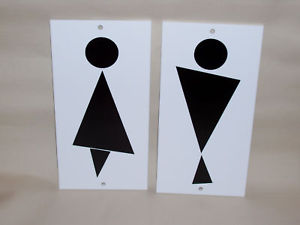














 Facebook
Facebook Twitter
Twitter LinkedIn
LinkedIn